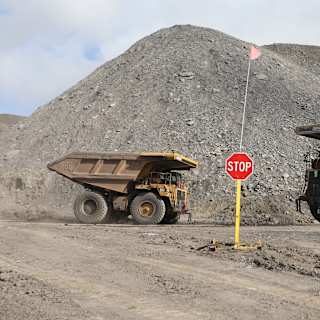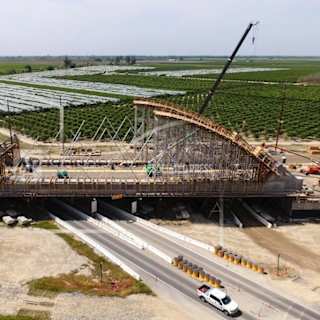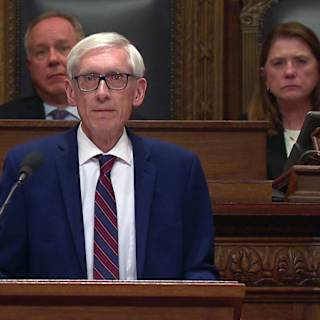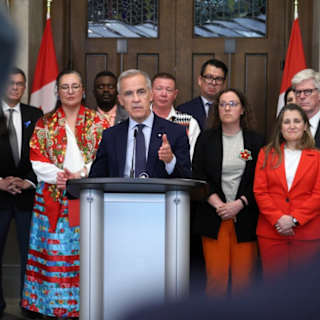- Legislation Details and Implementation
- Bipartisan Legislative Process
- Nuclear Power Context
Governor Tony Evers signed bipartisan legislation Wednesday to advance nuclear power development in Wisconsin, culminating months of legislative work aimed at positioning the state as a leader in next-generation atomic energy. The package directs the state to conduct a comprehensive nuclear siting study and establishes a nuclear power summit planned for 2028.
The trio of bills represents the most comprehensive nuclear energy initiative Wisconsin has undertaken in years, coming as energy demands surge with artificial intelligence and data infrastructure expansion across the state.

The centerpiece measure, Senate Bill 125, requires the Wisconsin Public Service Commission to conduct a nuclear power siting study identifying potential communities suitable for nuclear power generation12. The PSC must submit findings to the Legislature within a year and faces new deadlines for approving plant permits1.
A second bill creates a temporary board to organize and host a nuclear power summit in Madison, intended to attract international investors, innovators and policymakers to Wisconsin2. Rep. David Steffen, R-Howard, said the 2028 summit would coincide with the opening of UW-Madison's new engineering building2.
The package also includes a joint resolution formally declaring legislative support for nuclear power and fusion energy as "clean energy sources that are critical to safely meeting Wisconsin's growing energy demands"2.
The Republican-authored bills earned bipartisan backing throughout the legislative process, passing the Assembly on June 2412. Sen. Julian Bradley, R-New Berlin, who co-authored the legislation with Steffen and Rep. Shae Sortwell, R-Two Rivers, framed nuclear energy as essential for Wisconsin's economic future3.
"Nuclear energy is clean, safe, and reliable, and it must be part of the equation if we want to power our economy for the long haul," Bradley said in a statement3.
Some Democrats supported the goals while expressing concerns about the process. Rep. Supreme Moore Omokunde, D-Milwaukee, worried about community acceptance, saying the legislation puts "the cart before the horse"14.
Wisconsin currently operates one nuclear facility, the Point Beach Nuclear Plant near Two Rivers, which supplies power to more than one million homes and provides two-thirds of the state's carbon-free electricity12. The plant accounts for 16 percent of Wisconsin's total power generation1.
The Kewaunee Power Station, which shut down in 2013, has plans for potential reopening around 2038 with new technology1. Environmental groups including Sierra Club Wisconsin have opposed nuclear expansion, citing costs, construction timelines and waste concerns3.
Evers had previously proposed $1 million for nuclear feasibility studies in his budget proposal43.



